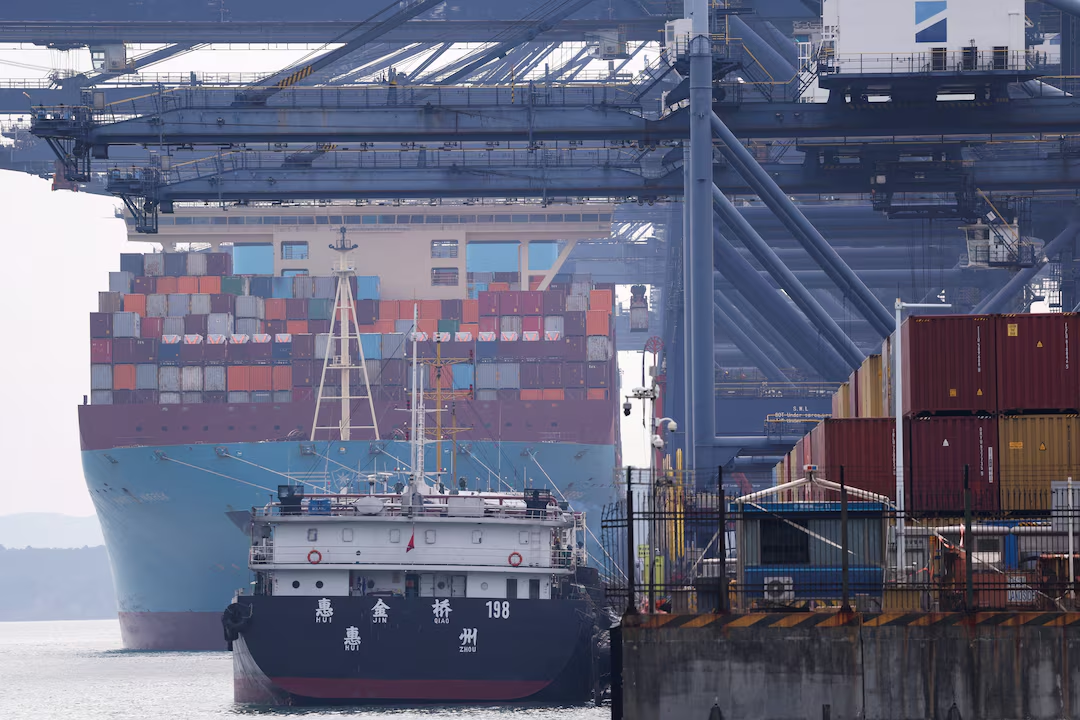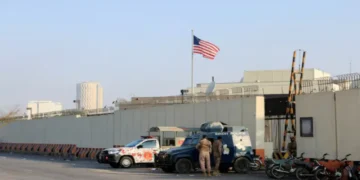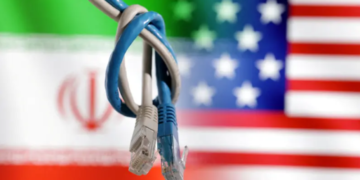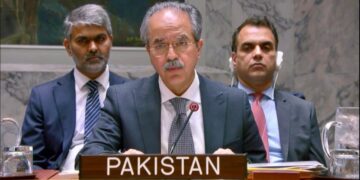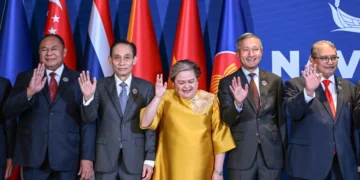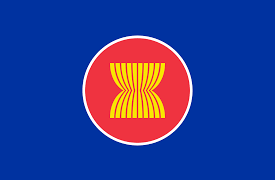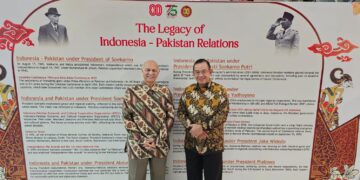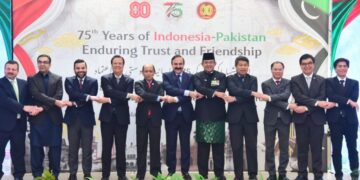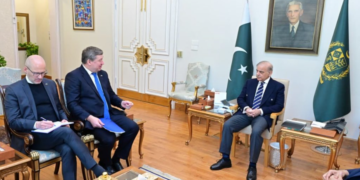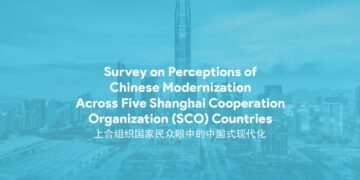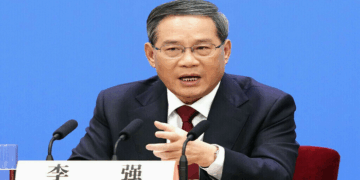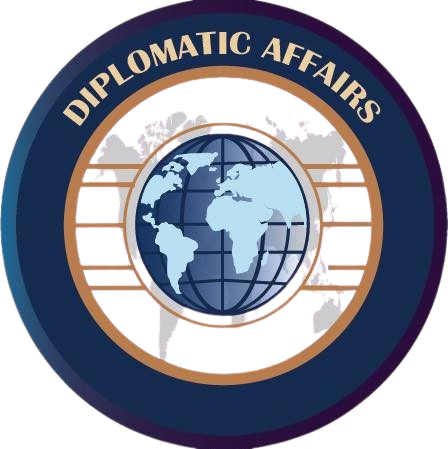Web Desk; Amnesty International has accused Pakistani authorities of running an extensive system of digital surveillance that allegedly monitors millions of citizens through foreign-made technologies, raising serious concerns over privacy and human rights.
The rights group’s report, titled “Shadows of Control: Censorship and Mass Surveillance in Pakistan”, released on Tuesday, alleges that officials have unlawfully monitored not only ordinary citizens but also journalists and politicians.
According to the findings, the state uses a tool known as the Lawful Intercept Management System (LIMS) to track large volumes of digital activity through major telecom operators.
Amnesty technologist Jurre van Berge told Reuters that all four of Pakistan’s mobile companies have been compelled to connect to LIMS, making the true scale of surveillance potentially larger than documented.
The Pakistan Telecommunication Authority (PTA) has reportedly instructed service providers to ensure that up to two percent of their subscribers remain open to monitoring at any time.
LIMS, a product developed by German firm Utimaco, has been operational in Pakistan since 2007. It enables the interception of text messages, calls, and internet usage, while storing data for review by authorities.
The intercepted information is then processed through a separate system, the Monitoring Centre Next Generation (McNG), created by Datafusion, formerly Trovicor. This allows officials to trace communications, web browsing history, WhatsApp activity, VPN usage, and even approximate location details.
Amnesty highlighted that such mass surveillance lacks adequate legal and technical safeguards. The issue came to light during a case in the Islamabad High Court (Bushra Bibi vs Federation of Pakistan), following a series of leaked audio recordings of politicians and public figures in 2022 and 2023. Court documents revealed that the PTA had required telecom operators to finance, import, and install the LIMS system for state agencies.
The watchdog warns that these practices have created a chilling effect on freedom of expression and eroded civic space. With the upcoming implementation of the Digital Nation Pakistan Act 2025, which aims to centralise citizens’ social, economic, and governance data, the scope of surveillance is expected to grow further.
Alongside surveillance, the report details systematic internet censorship carried out through the Web Monitoring System (WMS). The latest version, WMS 2.0, developed by Chinese firm Geedge Networks, can filter and block two million online sessions at once.
This system reportedly builds on China’s “Great Firewall” model and was installed with assistance from several international companies, including Niagara Networks (US), Thales (France), and H3C Technologies (China).
Since 2016, PTA has blocked over 1.4 million URLs under the Prevention of Electronic Crimes Act (PECA). Amnesty criticised the process as opaque, with users rarely notified before content is restricted.
Between 2016 and 2024, Pakistan experienced at least 77 internet shutdowns, including 24 incidents in 2024 alone. Many of these shutdowns coincided with political rallies, protests, and the 2024 general elections, when opposition websites, including PTI’s official platforms, were inaccessible.
Amnesty concluded that foreign companies supplying surveillance and censorship tools to Pakistan have enabled human rights abuses. It called for urgent reforms, warning that unchecked digital repression is narrowing the country’s democratic space and undermining fundamental rights.

















